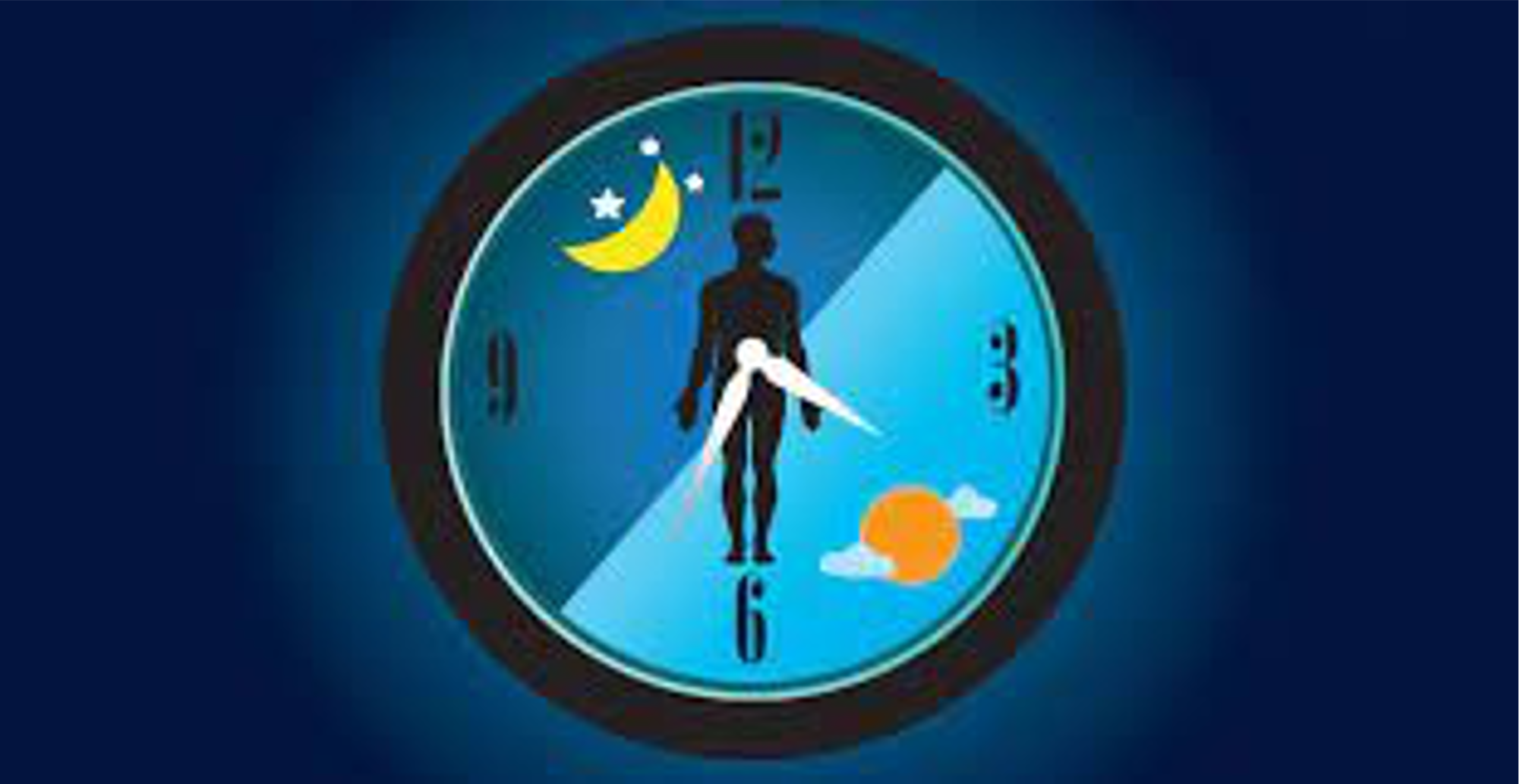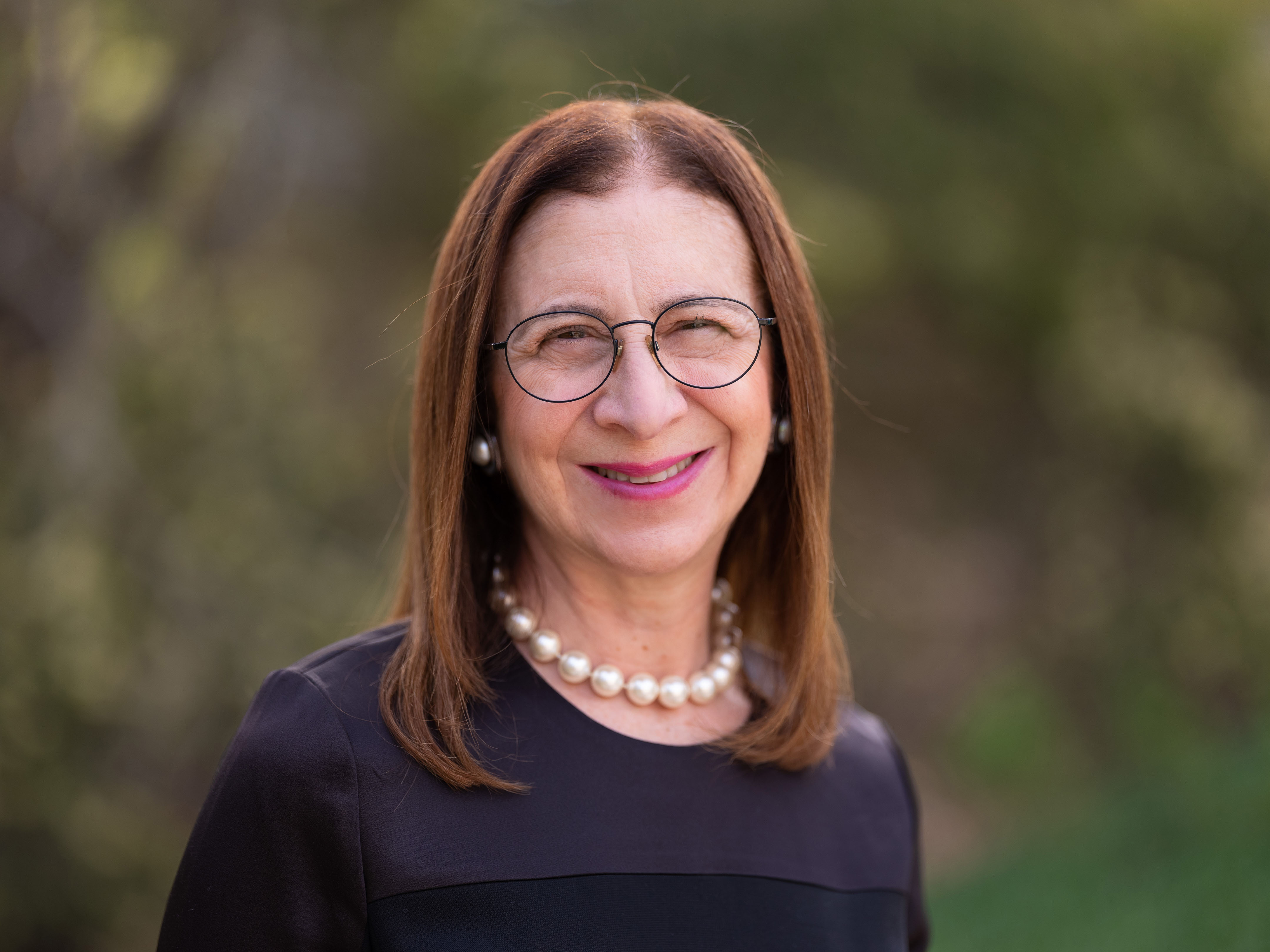
In Shakespeare’s play, Hamlet, Hamlet the character begins a soliloquy, asking himself, “To be, or not to be, that is the question.” He is contemplating life vs. death, pondering mortality and the meaning of life. He speaks of dreams, “For in that sleep of death what dreams may come…” Yet, while Shakespeare, through Hamlet, dove into the very heart of human existence and the deepest quandaries of life, they predated the scientific confirmation that without sleep we do die. To be or not to be is integrally entwined with sleep.
In our modern, 24/7-paced world, another life quandary beckons our attention. We rarely ask, “To do or not to do.” Suddenly, you are being forced to confront this question. Heretofore, your modus operandi has been to constantly do, and do, and do, and do until exhaustion overwhelms you. The global COVID-19 pandemic and its unprecedented impact is forcing us not to do: Not to go to crowded events, albeit now canceled. Not to go to your workplace. Not to go to school. Not to travel. And the not list goes on. In these cases, you have no choice but to comply. In others, you must choose carefully about where to go and what you do. Yet with fewer places to go and things to do, when so many are working from home and saving time with commuting, this is an excellent opportunity to attend to things that were not getting your proper attention.
Enter sleep. A nonnegotiable construct that remains a constant, now and always. Before this coronavirus outbreak, insufficient sleep was already a global epidemic. Now, as your daily life patterns are greatly disrupted and shifting drastically, and for an unknown duration, you are presented with a choice: Prioritize sleep or not. You can let the stresses and strains and schedule alterations make sleep all the more of a challenge, or you can use these unusual times to focus on your sleep and shift habits that compromise your sleep quality and quantity. This may not be easy, especially during such stressful times with so many unknowns on the horizon, but opportunity and necessity beckon for you to do less, but not to sleep less than you need—and for adults, 7 to 9 hours are recommended.
So, amidst the challenges you are facing, here are some specific tips to make surrendering to slumber doable:
- Set a consistent sleep and wake time seven days a week. In the midst of so much change, your body clock, your circadian rhythm, will appreciate a set schedule so it can support your immune system, all the more important as the world is exposed to COVID-19.
- Create a relaxing bedtime routine that begins an hour before going to sleep. Features may include tuning out from technology including your cell phone, taking a shower or bath, reading a physical book with a dim light, journaling to take thoughts out of your head and on to paper, having a calm conversation with a family member at home, and/or practicing mindfulness, meditation, or a prayer practice.
- If you suspect you have a sleep disorder such as obstructive sleep apnea, seek a diagnosis from your physician or a sleep specialist. In these unprecedented times, you may be experiencing symptoms of short-term insomnia.
And in a way, a good night’s sleep begins in the morning. Here are some tips for your waking hours to set the stage for a peaceful transition to sleep at night:
- Start your day by making your bed. This is a task completed and it is lovely to return to a neat bed at night.
- Without as much doing, focus on being by engaging in self-care and convening with nature, be it on a walk or just sitting outside looking at a tree. If you cannot go outside, then sit at the window and look at the sky. I mean, really look at the sky.
- Practice meditation, mindfulness, or a breathing technique daily.
- Relax and read a book or talk with a family member or friend.
- Don’t rush. Be present in the moment.
- Exercise at home. Take a walk or run outside.
- Cook for yourself, your family, or an elderly neighbor.
- Organize and clean that closet you’ve been intending to sort through. Give to others what you no longer need. Lighten up.
- Get back to basics and be conscious of what makes you feel relaxed and happy.
- And for some, attachment to the news has become overwhelming, both as a time drain and an anxiety trigger. So, create boundaries around how much news you are exposed to. Be sure to tune out at least a few hours before bedtime so you can transition to sleep in peace, setting the stage for a night of restoration and rejuvenation.
We all hope to be and stay well. We are all experiencing changes in our to-do list, evaluating necessities and choices. We are all required to sleep. Sleep is a gateway to support your immune system, especially during this global COVID-19 pandemic. Sleep is also a natural blessing for the restoration of your body, mind, and spirit. Wishing you sweet dreams.
NOTE: This article originally appeared March 20, 2020 on Chopra.com as Comfort in the Darkness: How Sleep Can Help You the Most Right Now.

